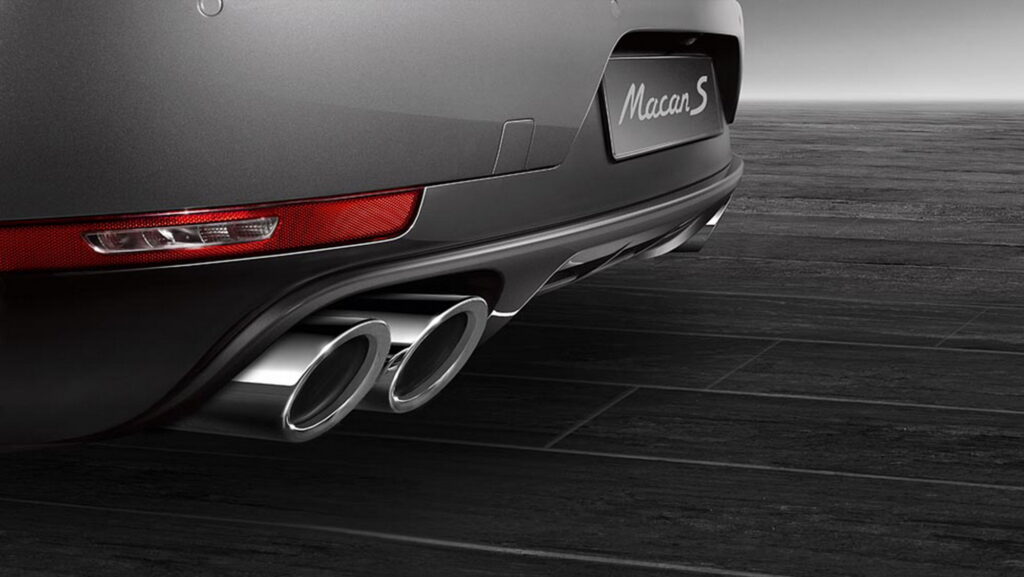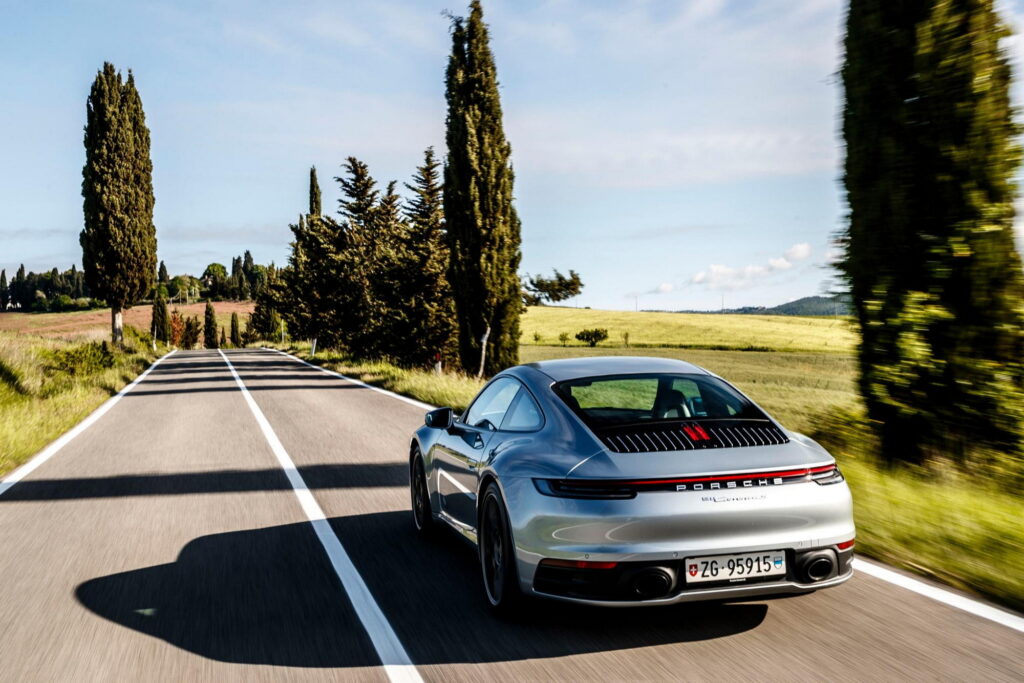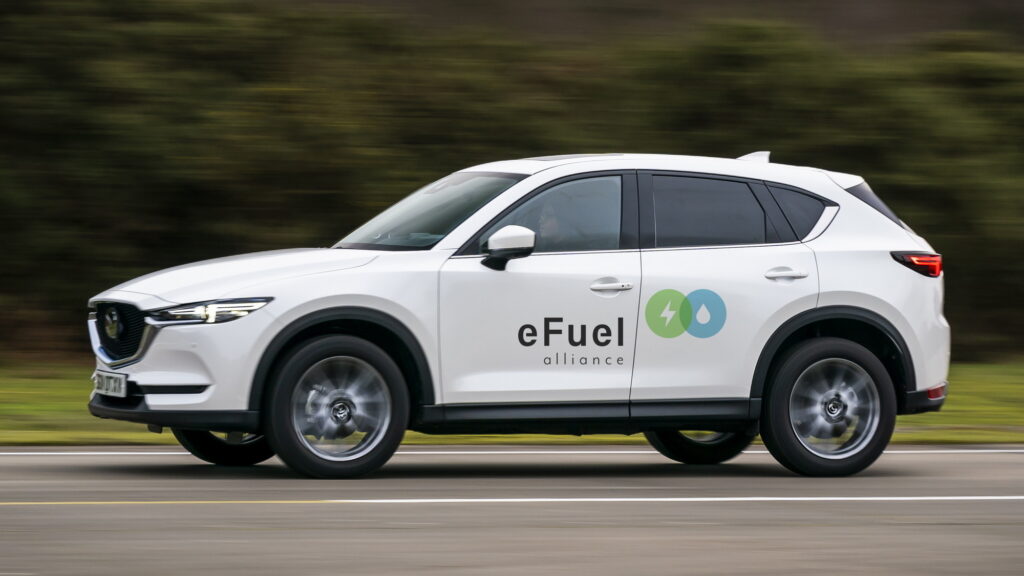The European Union and Germany have agreed to a proposal that will officially allow new vehicles that run on e-fuels to be sold after an effective ban on other internal combustion vehicles is introduced in 2035.
The agreement means that Germany has succeeded in securing the technology’s future after blocking European attempts to finalize environmental legislation. The new deal was agreed to on Friday, Reuters reports.
After years of negotiations, Europe had approved rules to ban the sale of new passenger vehicles with polluting powertrains. The rules, which only needed a final rubber stamp, would have effectively banned internal combustion vehicles midway through the next decade.
Read: Germany’s Push For Synthetic Fuels Protection Delays EU Vote On 2035 ICE Ban

As written, the law did not specifically ban e-fuels. Spurred on by its automotive segment, Germany sought to ensure that the technology’s future was enshrined in law and threatened not give the law its final approval. Although the wording of the legislation will not be changed, the EU has agreed to create a new category for vehicles that can only run on “carbon-neutral” fuels.
Per the agreement, the European Commission will now present another document laying out how these vehicles can contribute to the continent’s CO2 targets.
“Vehicles with combustion engines can also be newly registered after 2035 if they only use CO2-neutral fuels,” Volker Wissing, Germany’s transport minister, tweeted on March 25.
Some members of the European Union, including Italy, continue to object to the ban and are seeking to protect ICE vehicles that run on biofuels, though they are not banned specifically. Without Germany’s support, these countries lack the numbers to block the legislation’s adoption.
Despite that, Italy’s most famous automaker, Ferrari, has celebrated the decision, saying it will give its buyers more choices. Similarly, Porsche has announced plans to invest in e-fuels, and already uses them in the Porsche Super Cup racing series.
Meanwhile, climate activates say that the e-fuels compromise weakens legislation intended to help Europe reduce its impact on the environment. Protections for any internal combustion engine technology serves the interests of the fossil fuel industry, they claim.
“The automotive sector has wholeheartedly embraced electric cars, rendering the previous debate on the matter absurd and damaging Germany’s credibility,” Michael Bloss, a German Green member of the European Parliament, said Saturday per Autonews. “It is now time to make reparations.”





